Thomas Hampson, considered to be one of the best baritones of the US, started something huge in 2003. His foundation, Hampsong, was created – as its name shows – to study and proliferate songs. Nowadays, people kind of use ‘song’ as a synonym for ‘music’; an extreme example for this was a tabloid article I’ve seen the other day: it called Mozart’s piano pieces “Mozart songs”. Hampsong, however, means with ‘song’ what the Romantics meant with it. It is music, written for some text – mostly poetry.
“Song is a metaphor of the imagination; it is poetic thought encapsulated in music.”
(Thomas Hampson)
The Hampsong website is a very useful source if someone wants to dive in the world of Romantic songs. In their long and awesome essay, Thomas Hampson and Carla Maria Verdino-Süllwold depict the turbulent social setting in which the songs were born. With a song, personal emotions could be expressed, the collective myths of a community could be recited, stories could be told. Furthermore, the new genre built a bridge between parts of society, including countries of Europe soaked in their newly found nationalism. This is what the collegiality of Berlioz, Wagner and Liszt symbolises: joint work, mutual inspiration, understanding, and sometimes misunderstanding too.
Thomas Hampson deals a lot with the works of these three giant masters. In his upcoming concert in Hungary, which is a programme of the Liszt Fest, he will obviously put Franz Liszt in the spotlight. For instance, he brings The Fathers’ Crypt (Die Vätergruft) which has its lyrics available on the Hampsong website. The poem of Johann Ludwig Uhland evokes the most creepy moments of horror ballads.
We can also hear The Wandering Jew (Le juif errand), composed by Liszt in 1848 shortly before his arrival at Weimar to the poem of Pierre-Jean de Béranger. The city of Goethe és Schiller had a huge impression on the composer; that might be one of his reasons to write music for a poem by Franz von Schober, who was a common friend of Liszt and Schubert. The poem, Weimar’s Dead (Weimars Toten), was equally written in 1848, and Liszt created it for the festivities and the album commemorating Goethe’s 100. birth anniversary. A true Romantic piece, it is full of flowing emotions and loud ecstasy. (Too bad we’ll never find out what Goethe would have said, had he lived until 100…)
At the Budapest concert, Franz Schubert also receives a bit of attention. He is the original composer of Der Doppelgänger which is part of his Swan Song cycle. The name is tragically true: Schubert died before it could be performed. Liszt wanted to pay his respect for his late colleague, and he created orchestral transcriptions to many parts of his unfinishedly finished life work, like the Doppelgänger or other songs from the Swan Song.

A symphonic poem, Prometheus, is also part of the concert programme, which Liszt wrote for texts by Johann Gottfried Herder. The final piece is a symphony by another great Romantic, Anton Bruckner, which we can hear in the presentation by the Orchester Wiener Akademie, conducted by Martin Haselböck.
And to get back for a second to Thomas Hampson again: the above-mentioned Hampsong Foundation has the main goal to promote intercultural dialogue and understanding. It is both a tool and a goal of it to cultivate our songs, to share it with children of other nations, and listen to their songs as well. Liszt and his contemporaries took the first steps: now it’s our turn to remember them and continue what they started.

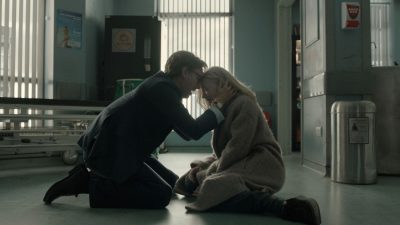

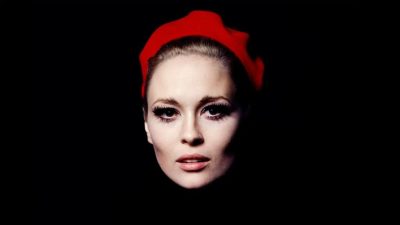

















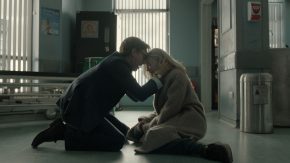


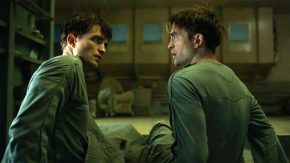
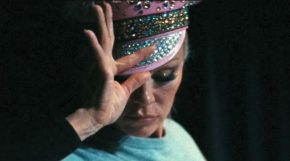
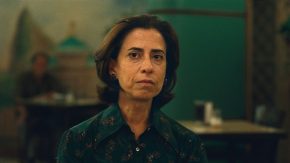
Comments